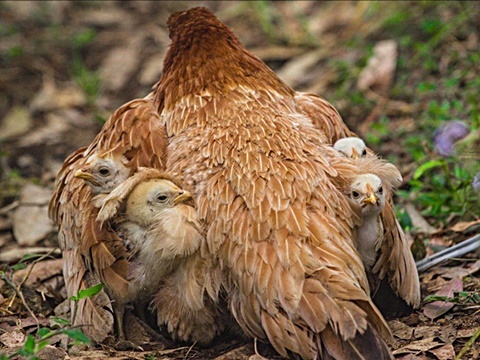
Genesis 12: 10 – 20
Sam Thambusamy reflects on Abraham’s migrant life in Egypt (Gen. 12: 10 – 20). When they reached Egypt, Sarah was taken to Pharaoh’s house (v15). Sarah could not voice her protest. Abraham was helpless. The true horror of Sarah’s situation is drowned in her deafening silence. Interestingly, God intervened on their behalf. Sam reminds us that God is the defender of the powerless and He wants us to defend the poor, the vulnerable and the voiceless.
Abraham’s migrant life in Egypt
The need to escape the hardship of everyday life – finding food and water – for his household and cattle, forced Abram to go to Egypt. Abram took his family and all his entourage to Egypt due to a terrible famine (v10).
Egypt had food, water and a promise of better life. Interestingly, he does not go back to Haran, turning back on God and despising the promised land (Cf. Hebrews 11:15). At the borders of Egypt, Abram was filled with fear and insecurity. He was engulfed by a deep sense of vulnerability.
We have ‘migrants’ in our midst – people who have come to our cities to find food, shelter and happiness. In other words, to begin a new life. However, there are ‘real’ fears that grip the hearts and minds of ‘migrants’. They live amidst us and yet, we so easily neglect their fears and insecurities. Often, we fail to help migrants cope with these fears and insecurities.
Abraham’s fears and insecurities
Abram feared violence, harm and worse – loss of his beloved. His ‘fears’ were about Sarah and more importantly her ‘looks’. Abraham feared that the ‘locals’ would find Sarah ‘desirable’ and forcibly take her. The ‘foreign’ is usually attractive.
Sarah, most probably with a lighter complexion than the average Egyptian woman, could have easily attracted the locals’ attention, if not their fancy. Abraham foresaw the threat of violence. Women have long been victims of the ‘winner-takes-all’ logic of the male world.
Abraham’s fears were not entirely unfounded. The Egyptians did find her ‘beautiful’ (v14) and therefore, desirable. The concept of beauty, particularly of the female body image is a male construct.
Such a ‘beauty-construct’ re-shapes desire, urge and ‘rights’ over the female body. Pharaoh’s men spotted Sarah’s beauty and even made a personal recommendation to him (v15).
It is quite unfortunate that women are taken to be ‘possessions’ rather than ‘person’. The commodification of body images and the demand for it is a serious challenge in today’s world.
How often do we miss out on relating to women as ‘persons’? The concept of beauty imposed by the Media needs to be challenged. Women cannot be reduced to merely ‘glam doll’ images to satisfy Male desire, urge and ‘rights’ over their bodies. We need new eyes to see them as ‘persons’.
Abraham and Sarah were defenceless
Sarah was taken to Pharaoh’s house (v15). We are not told about Sarah’s feelings when she was taken away from Abraham. The true horror of Sarah’s situation is drowned in her deafening silence. She was a mere pawn in the power games played out by Pharaoh and his men.
Sarah could not voice her protest. Abraham was helpless. Interestingly, God intervened on their behalf. Sarah was also a part of God’s promise to Abraham. Sarah also had claim to the promise of Land – Seed – and Blessing.
Pharaoh’s house suffered an outbreak of sickness on account of Sarah (v18). The authorial comment, ‘Sarah, Abram’s wife’ (v17) is an indicator that Pharaoh’s act was a serious violation of Sarah. God came to the rescue of Sarah and Abraham.
God is the defender of the powerless and voiceless
The Bible presents a God who defends the poor, the marginalised and the oppressed. God takes any violation of the rights of others seriously. How often do we fail to worship the God who defends the powerless and the voiceless?
Martin Luther reminds us that we become like the God whom we worship. Our God is the defender of the powerless and the voiceless.
God wants us to defend the poor, the marginalised and the downtrodden. He wants us to support the orphans, widows and the voiceless. He is their defender. We too must defend the poor, the vulnerable and the voiceless.
Samuel Thambusamy is a PhD candidate with the Oxford Center for Religion and Public Life.
Photo Contributed by FreeBibleimages